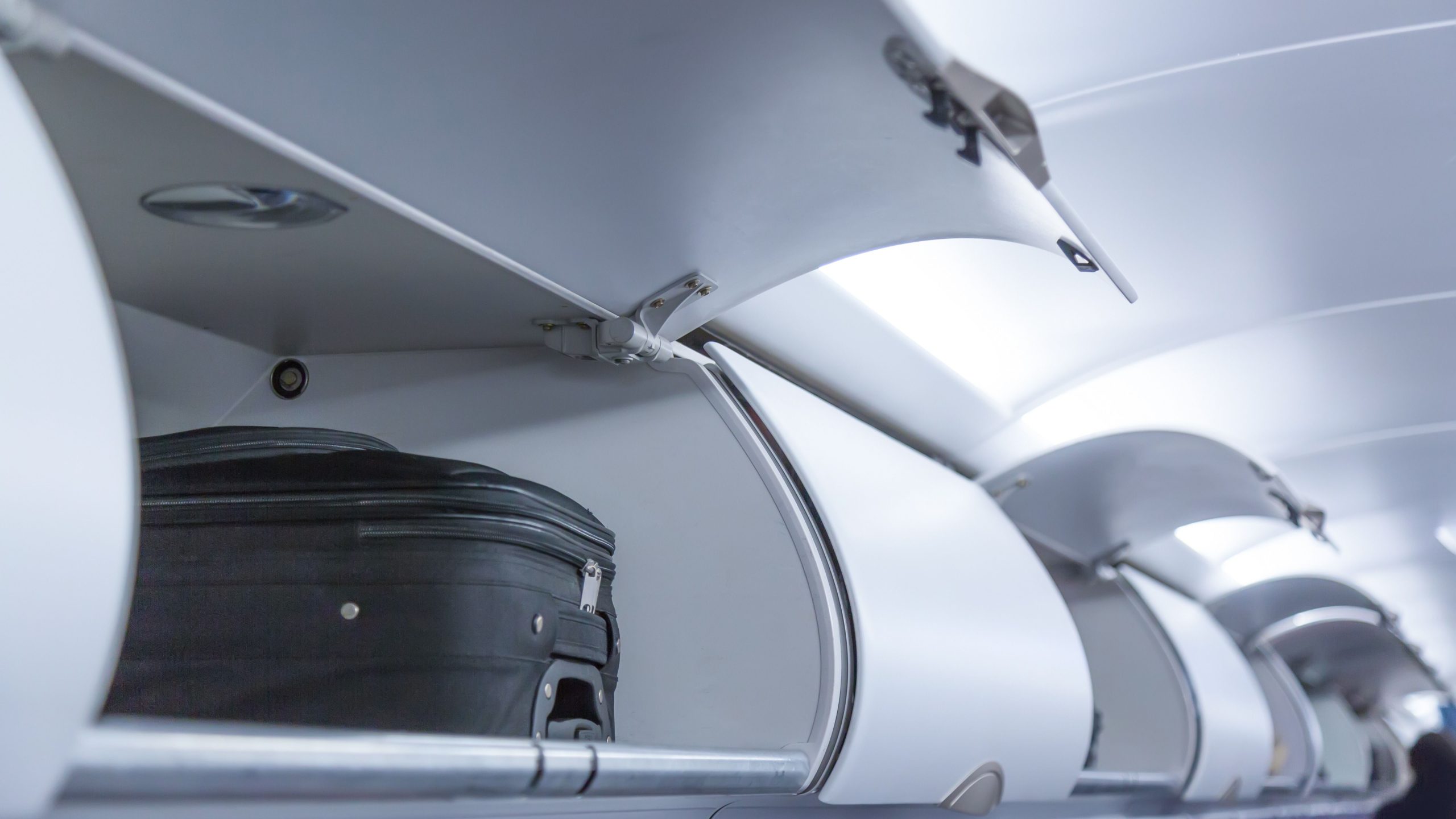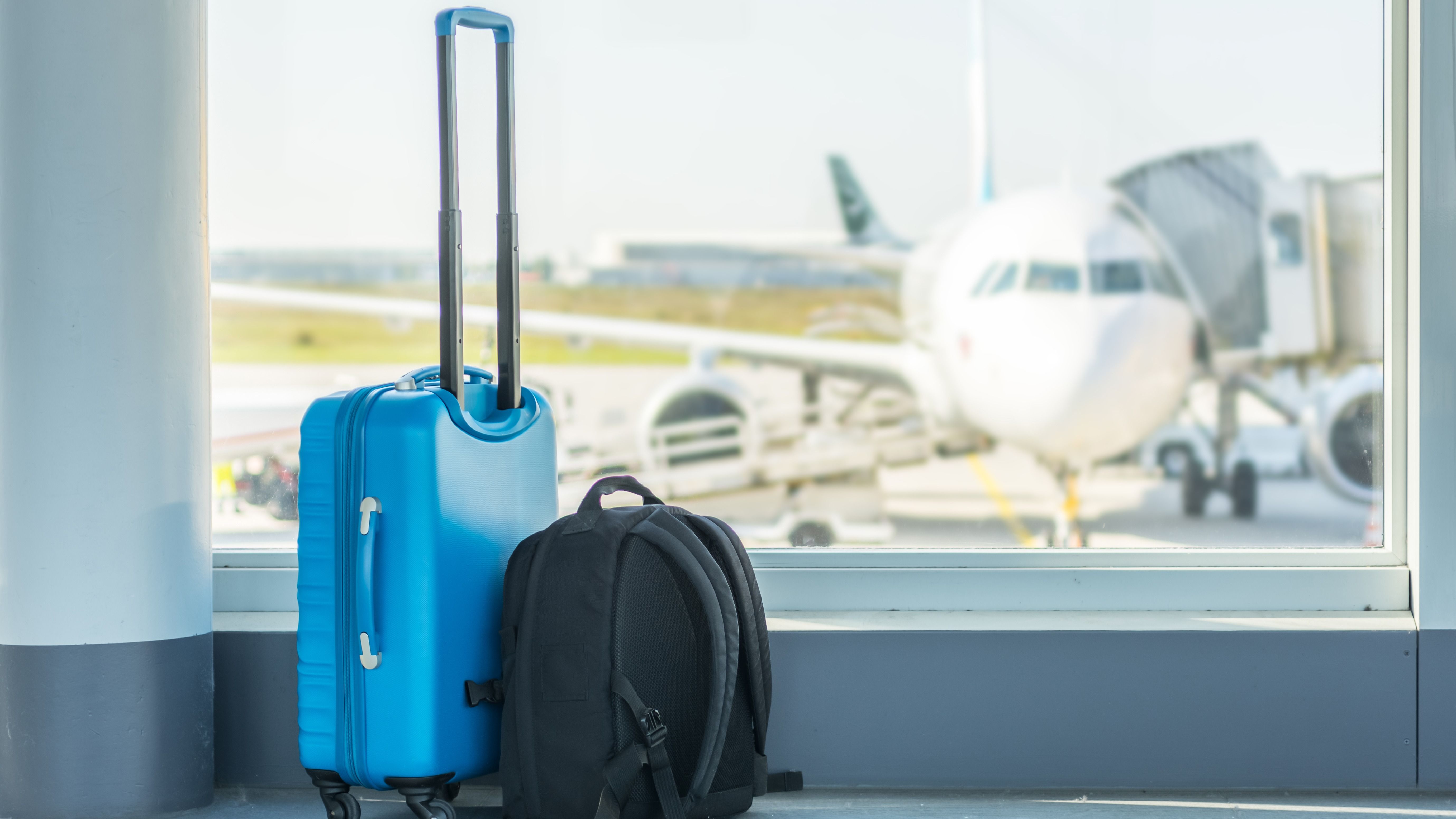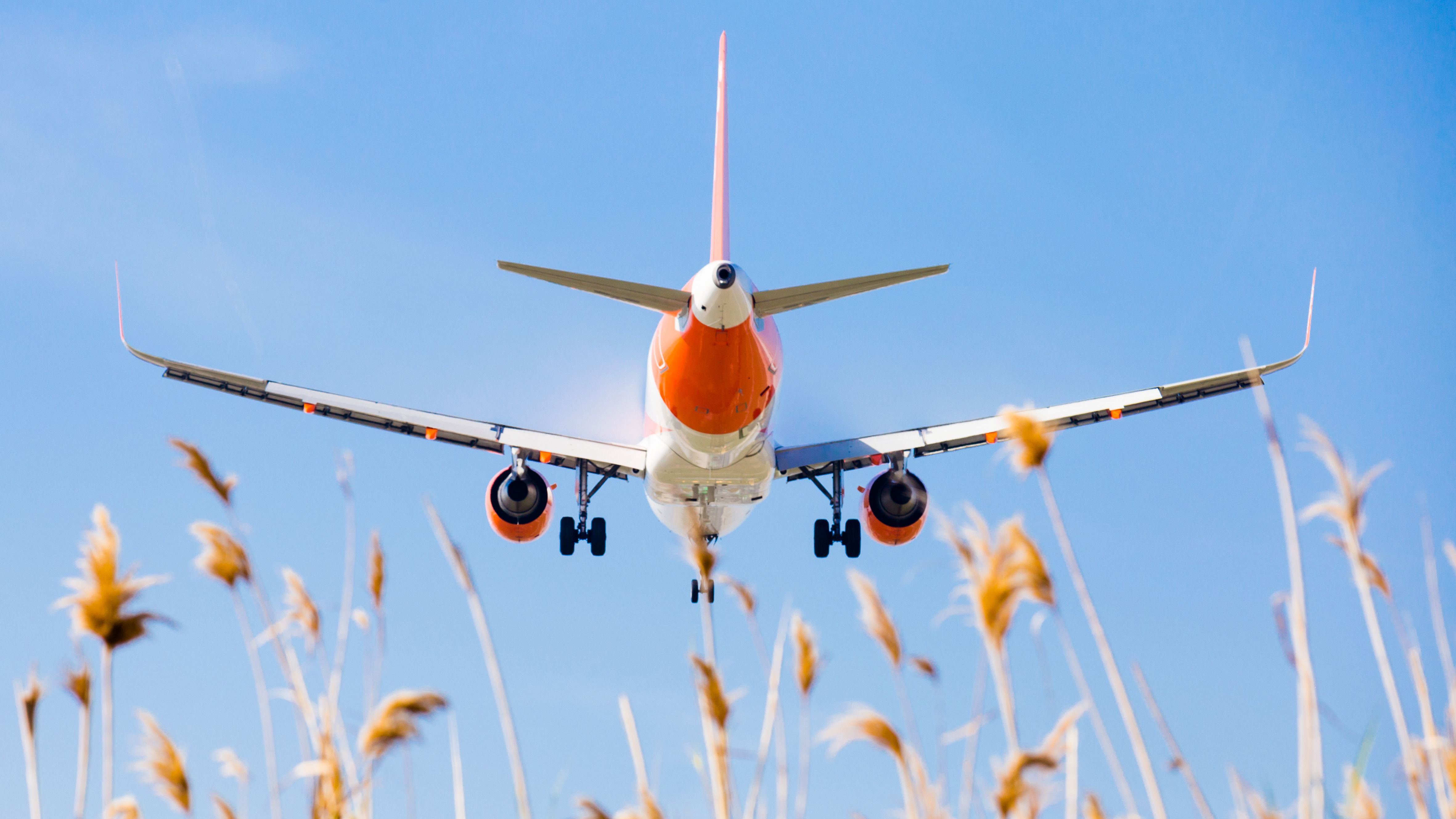Summary
- The European Union is considering standardizing rules for airline carry-on luggage to address inconsistent practices.
- The proposed resolution suggests eliminating extra charges and defining appropriate dimensions and weight for luggage.
- The potential ban on hand luggage fees could impact the revenue of European low-cost carriers like Ryanair, Wizz Air, and easyJet.
Things that have been standard for many airlines for a long time could change, as the fight for passengers’ rights in Europe continues. The European Union is considering tackling inconsistent rules for airline carry-on luggage. A motion for a resolution on standardized dimensions for carry-on luggage was filed in late September 2023.
Pushing for fair pricing and more transparency
According to a European Parliament statement released on October 4, 2023, “EU legislation on air passenger rights should be revised to provide a solution,” ensuring that passengers who fly with different airlines or need to alter their plans do not encounter confusing and inconsistent rules regarding hand luggage fees.
The new resolution also suggests the elimination of the extra charge. Furthermore, the proposal up for voting outlines the need to define the appropriate dimensions and weight for luggage.
Photo: Ralf Geithe/Shutterstock
Different hand luggage rules among airlines can be inconvenient for travelers, especially those with connecting flights. This increases the chance of unexpected fees at the gate. The EU is urging airlines to provide clear information on additional charges, like seat selection fees. The resolution motion stated:
“EU-wide harmonisation of the requirements on the size, weight and type of carry-on and check-in luggage for all airlines operating in the European Union would enhance transparency and consumer protection for all air travellers.”
In addition, it calls upon European nations to implement a judgment regarding hand luggage issued by the European Court of Justice in 2014. The court has determined that hand luggage is an essential item for passengers and should not be subject to additional fees, provided that the hand luggage adheres to reasonable weight and size restrictions and complies with relevant security regulations.
Implications for low-cost carriers
Commonly, people tend to believe that airline profits primarily rely on ticket prices. However, in numerous instances, especially for low-cost carriers, significant profits are generated through ancillary services.
Consider items like carry-on or checked bags, seat preferences, in-flight meals, and any other supplementary purchases you may make in conjunction with your flight reservation. Over the past decade, the income generated from ancillary services has surged, primarily driven by low-cost carriers, which offer the lowest base fares and market everything else as optional extras.
Photo: Caftor / Shutterstock
Hence, the proposed resolution’s revision and the potential ban on hand luggage fees might result in decreased revenue for European low-cost carriers like Ryanair, Wizz Air, and easyJet, among others.
Simple Flying has asked easyJet and Ryanair for comment.
What do you think of this? Should the EU ban hand luggage fees? Let us know in the comments section below.
Sources: European Parliament News, European Court of Justice



